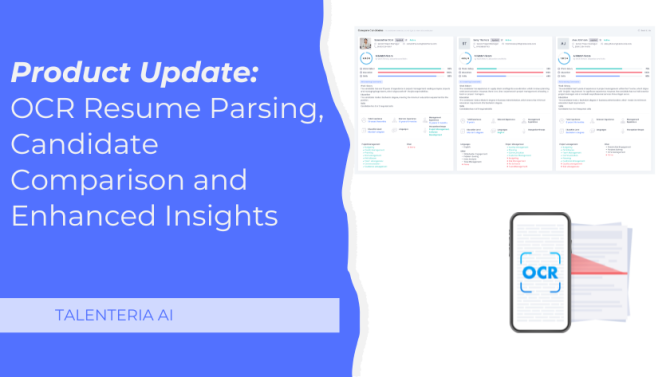
Job Seeker - What Does This Term Mean?
“Job seeker” is a very broad term. To determine a job seeker’s meaning, we have to look at a few different ways it can be defined. First and foremost, look at the phrase itself. When you break down the term, it means someone who is looking for a job. Whether actively or passively, if you are on the lookout for a job, you count as a job seeker.
There are different kinds of job seekers, but let us say this up-front: you do not have to be unemployed specifically to be classed as a job seeker. As long as you are on the market for a new job, whether or not you have a job does not matter.
Different Types of Job Seekers
The kinds of job seekers mostly boil down to two groups: Active and Passive. In this section, we shall take a look at both these types of job seekers and seek to understand what makes them tick.
1. Active: Active job seekers are those who are actively looking for a job. This can be because they are unemployed or because they don’t like their current job. Perhaps their position doesn’t offer enough money, or they are ready to advance in their career. No matter what the reason is, if somebody is using their time and energy to proactively look for a job, they qualify as an active job seeker.
2. Passive: If you are not proactive in your approach to the job search, you fall under this category. You can be a passive job seeker if you already have a job and are looking for better opportunities - but not with all your energy because most of your needs are being fulfilled. Basically, you keep your eye on job postings and available opportunities but do not submit an application all the time.
Difference Between a Job Seeker and a Job Keeper
Though they sound similar, there is nothing similar about the concepts of a job seeker and a job keeper. One is looking for employment, while the other has a stable job. The JobKeeper payment scheme is instituted by the Australian government. Thousands of jobs were lost and livelihoods ruined. This program came as an effort to stop the ravages of the coronavirus.
In this section, we will discuss the differences between these two terms so you can avoid confusion.
Get More Info!
We hope this article cleared up any doubts you may have had. For any other query related to Human Resources, feel free to reach out at Talenteria to us at any time! We keep our finger on the pulse of the hiring industry, and we’re eager to share our insights.





